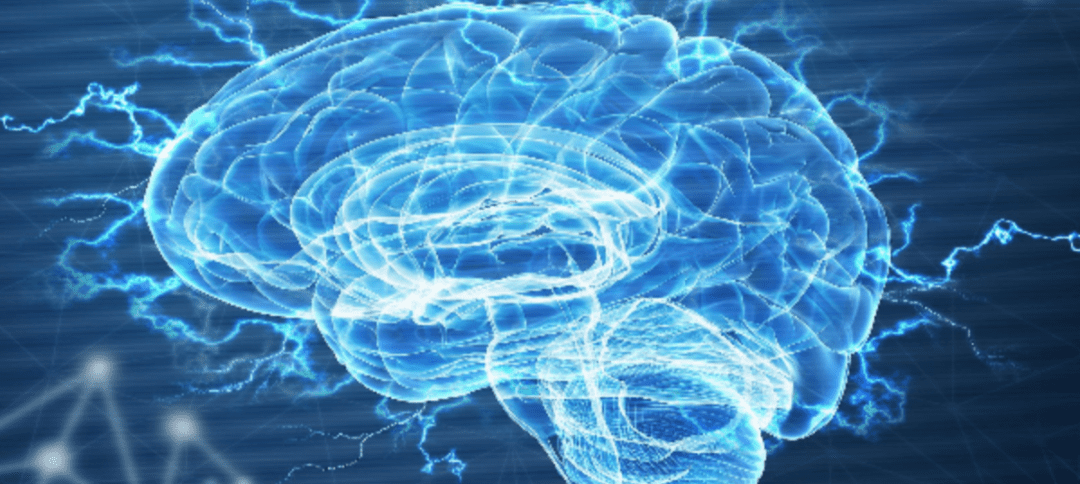Amyotrophic lateral sclerosis (ALS) is a progressive disease of the nervous system that targets the nerve cells in the brain and the spinal cord. Also known as Lou Gehrig’s disease, the condition eventually causes patients to lose muscle control. While ALS currently has no cure, early identification allows patients to use various therapies to delay the advancement of symptoms. Here we will answer a very common question ” what are the symptoms of ALS? “. Keep reading to learn more!
Early ALS Symptoms
Since ALS is a progressive disease, symptoms appear gradually, and patients often ignore early signs. The progression of ALS differs in each patient, as it can target varying neurons. However, there are some common early symptoms, including:
- Slurred speech
- Trouble gripping items with hands
- Issues swallowing
- Stumbling
- Muscle cramps
- Poor posture
- Trouble holding up your head
- Muscle stiffness
ALS symptoms typically begin in the extremities and the limbs before spreading through the body. Both early and later stages of ALS have no pain.
Advanced ALS Symptoms
As ALS spreads through the body, symptoms worsen. These symptoms include:
- Less muscle mass
- Struggles with chewing and swallowing
- Weaker muscles
- Poor or slurred speech
- Trouble breathing
Later stages of ALS affect more of the patient’s muscles and movement.
What Causes ALS?
While the exact cause of ALS is unknown, about 5–10% of ALS patients inherit a familial ALS form. Children of familial ALS patients have a 50/50 chance of developing the disease.
Most scientific theories on the cause center on a complex interaction between environmental and genetic factors for those with ALS and no familial connection. Smoking, environmental toxin exposure, and military service all appear to contribute to the development of the disease, although researchers aren’t entirely sure how or why.
How Can Patients Manage ALS Symptoms?
During the early stages of ALS, patients benefit from various therapies to delay the progression of symptoms. Physical therapy, occupational therapy, and speech therapy help patients improve their quality of life as the disease progresses.
Physical Therapy
Physical therapy can extend the amount of time a patient can walk unassisted. Physical therapists work with patients to retain strength in their larger muscle groups and to maintain balance and gross motor skills.
Occupational Therapy
Occupational therapy focuses more on smaller muscle movements, such as using eating utensils, brushing teeth, and getting dressed. Occupational therapists may also work with patients to find alternative methods for completing tasks as specific muscles weaken.
Speech Therapy
Speech therapy assists ALS patients in retaining their clarity of speech and swallowing and chewing as the tongue begins to weaken.
While early ALS symptoms, such as an occasional muscle cramp or feeling of weakness, are no cause for concern, if you’re noticing weakness in your hands or feet for days, it’s worth seeing a physician. Some early symptoms of ALS may also be symptoms of other, less-serious health concerns.Many patients are exploring the alternative option of stem cell therapy. This regenerative medicine therapy can help manage symptoms and help slow the progression of the condition. Mesenchymal stem cells may offer a potential benefit in how they target damaged tissues, help in neuronal and non-neuronal cell replacement, trophic factor delivery, and modulation of the immune system. If you would like to learn more about your options for treatment of ALS contact a care coordinator at Stemedix today!


 St. Petersburg, Florida
St. Petersburg, Florida
